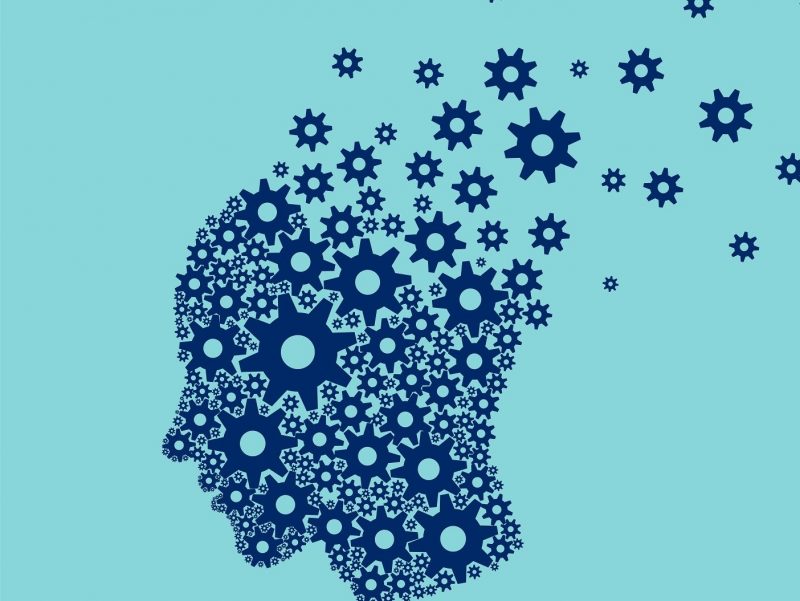Written by Dr Gil Suzin, Head of Neurocognitive unit AHMC
Yesterday, a 65-year-old client entered my clinic with a complaint. He told me that going to the kitchen for a snack was not as simple as it used to be. In his words – “I went to the kitchen, but by the time I got there I forgot what I wanted to do. This is Alzheimer’s, right?”
Is it? Is forgetting about the banana you wanted to take from the fridge the first sign of impending dementia? Does finding it hard to recall the name of the anchor on TV really say something about our cognitive health? Are we all doomed to suffer from memory loss if we grow old enough?
There is good news and bad news. The bad news – most of us will suffer age related cognitive decline as we grow old. The good news – most of us can live happily with this condition.
Longevity comes at a cost. Our muscles loosen, our skeleton bends, our metabolism changes. That is why at 65 we cannot run as fast as we did when we did in our twenties.
Unfortunately, aging also affects our brains. Every decade we lose 2-3% of our brain mass, starting as early as age 50. Microscopic infarcts slowly degenerate neurons, a process that is inevitable. When it comes to the brain, matter is function.

What Declines?
Typically, as we age, we find it harder to disregard noise, to concentrate on reading a lengthy article or to stay sharp without an afternoon nap. It takes more time to follow complex directions or to learn how to operate a new gadget. Researchers agree that these are primarily changes in our attention span- the unique human ability to focus on targets and ignore distracters.
Other common complaints include experiencing slowness of thought or trouble solving simple arithmetic exercises. We have more instances when words are on the tip of the tongue, but we can’t get them out because retrieving names from our stores of information takes longer. Short term memory dissipates as seeing or hearing leaves fewer marks in our memory. To our surprise, watching a movie can be as fun a second time around as it was the first.
It’s Not All Bad
With all that said, our golden years can be the best of times. Our powers of observation become deeper, learning is more enriching and spending time with the family more gratifying.

It’s important to remember that Alzheimer’s is a deviation from normal aging, it’s a disease. It is a progressive condition, chewing off piece after piece from our quality of life.
Alzheimer’s disease entails a significant change in function and not a mere decline in attention or memory. We all forget things to some extent, but only a small fraction of us will not be able to take care of our grandchildren, find our way home or remember a party for a friend that happened only yesterday.
There is still no cure for Alzheimer’s. Scientists are constantly working toward a solution, failing again and again as they leave no stone unturned in the search for a cure.
Frustration leads to heading in new directions and it is now believed that prevention of Alzheimer’s may yield the best results. Living a healthy lifestyle- eating healthy food, exercising regularly, maintaining a social life – can all significantly reduce the risks of developing Alzheimer’s.
